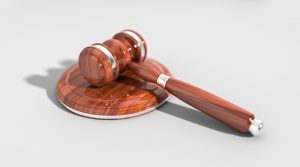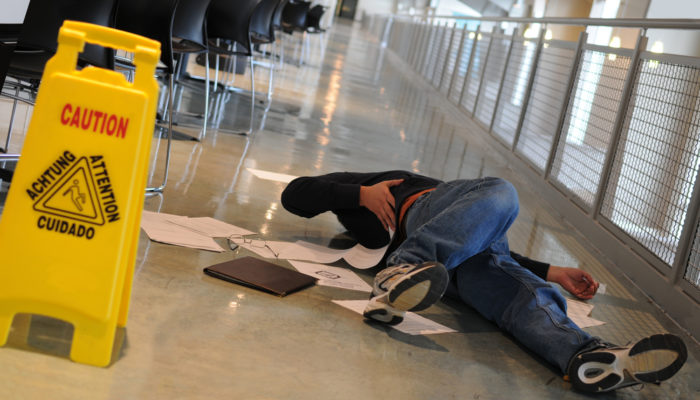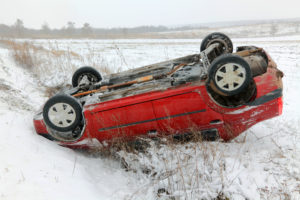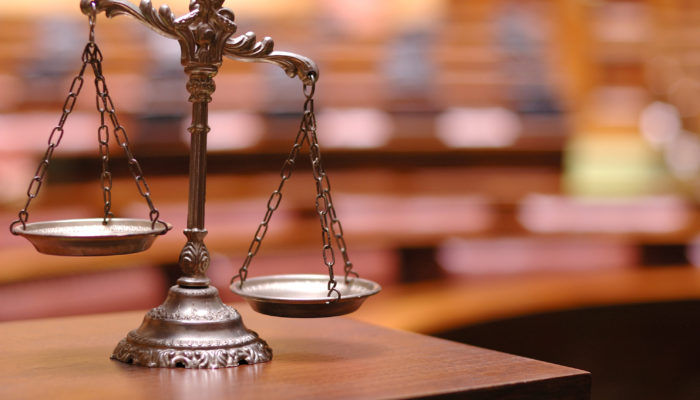 When preparing for the disposition of their property after they pass on, many people often find themselves questioning what wills and living trusts are and which document would better suit their needs. Wills are legal documents that a person prepares prior to their death, which specify how the rest of the family should distribute their property and handle the other affairs. Living trusts are legal devices that allow a person of the creator’s choosing, the trustee, to handle the disposition of their property. While everyone’s situation comes with unique considerations, a probate lawyer knows that living trusts may provide various advantages over wills.
When preparing for the disposition of their property after they pass on, many people often find themselves questioning what wills and living trusts are and which document would better suit their needs. Wills are legal documents that a person prepares prior to their death, which specify how the rest of the family should distribute their property and handle the other affairs. Living trusts are legal devices that allow a person of the creator’s choosing, the trustee, to handle the disposition of their property. While everyone’s situation comes with unique considerations, a probate lawyer knows that living trusts may provide various advantages over wills.
Living trusts can help your family avoid dealing with long, drawn-out probate proceedings.
Courts use probate proceedings to tie up a person’s loose ends, distribute their property, and generally enact their will. If you use a living trust, rather than moving through the court system, the trustee can distribute the property in accordance with the trust. This means that your family will not need to bring themselves to the courthouse and deal with the fees and hassle that come along with probate proceedings.
Living trusts also provide more privacy than wills do.
While both wills and living trusts remain private throughout your life, the probate court will look at the will after you pass on, even if there are no formal probate proceedings. That means that the will becomes a matter of public record. On the other hand, your relatives will not need to file the trust with the court, so it can stay between them.
Living trusts also stand a better chance of surviving a legal challenge after your death.
This makes it more likely that your final plans will be enacted to your specifications. The extra strength of a living trust comes from your ability to keep an active eye on it during your life. Because you would stay involved with the trust’s management during your life, relatives would find it harder to prove that you were not of sound mind when making the plan.
Living trusts make leaving property to minor children simpler.
Because minors cannot own most property, the trustee whom you choose can manage it for them, whereas a court appointee would likely handle the management if you chose to pass the property on with a will.
Living trusts have further benefits in the event that you become incapacitated while alive. Ordinarily, such circumstances would require relatives to petition the court for control of your affairs, and then the court would appoint a person to manage them. With a living trust, you can appoint a successor trustee to take over management in the event that you become incapacitated.
Contact an Estate Planning Law Firm Today
Planning for what will happen to your property and assets is important for you and your loved ones. If you would like more information or help in forming a living trust, make sure you speak with a lawyer who is skilled and knowledgeable in estate law. Call an experienced attorney, like a probate lawyer from a law firm like W. B. Moore Law LLC.


 Wrongful death is a term for when a death was caused by a careless, negligent, or wrongful act by someone else. A lawsuit or case may be brought against the guilty party for wrongful death. Death is never a pleasant thing to think about especially when it was caused unexpectedly by someone’s failure to follow safety protocol, standard procedures, guidelines, or just a complete lapse of judgment or negligent act. If you would like to learn more about the different causes of a wrongful death or would like to know more information or details then keep reading.
Wrongful death is a term for when a death was caused by a careless, negligent, or wrongful act by someone else. A lawsuit or case may be brought against the guilty party for wrongful death. Death is never a pleasant thing to think about especially when it was caused unexpectedly by someone’s failure to follow safety protocol, standard procedures, guidelines, or just a complete lapse of judgment or negligent act. If you would like to learn more about the different causes of a wrongful death or would like to know more information or details then keep reading.
